How to Sell Your Gold and Silver Investments
Investing in gold and silver is often seen as a smart move for diversifying your portfolio and hedging against economic uncertainty. Many buyers not only buy gold and silver but also buy jewelry, diamonds, and silverware, making it possible to...

Investing in gold and silver is often seen as a smart move for diversifying your portfolio and hedging against economic uncertainty.
Many buyers not only buy gold and silver but also buy jewelry, diamonds, and silverware, making it possible to liquidate a wide range of valuables.
But what happens when it’s time to turn those investments into cash? Understanding how to liquidate your gold and silver holdings effectively can significantly affect the returns you ultimately receive. When selling online, you can use the buyer's website to fill out forms and manage your transactions at any time. Your items are securely handled at the buyer's facility, and you receive a receipt upon arrival of your shipment. Transparency is key throughout the selling process, ensuring you are informed at every step.
It’s also crucial to consider the liquidation value, the net worth of a company’s tangible assets during bankruptcy, excluding intangible assets. This value is important for assessing the financial health of your business day its investments and potential losses in the event of liquidation.
In this article, we’ll guide you through the essential steps and considerations to ensure you maximize the dollar value of your precious metal investments. You can decide whether to accept an offer or explore other options, and customer service is available by phone to respond to any questions or concerns.
Introduction to Precious Metals
Precious metals like gold and silver have captivated people for centuries, prized for their rarity, beauty, and enduring value. Today, gold and silver bullion are not only used in coins and jewelry but also serve as trusted stores of value and protection against inflation. Whether you’re looking to sell unwanted gold, silver, or other precious metals, understanding the basics is key to a successful transaction. Local gold buyers and online platforms offer a range of options for selling gold and silver, each with their own advantages. To ensure a hassle-free experience and maximize the value of your assets, always seek out reliable buyers who offer fair prices and a transparent process. By doing your homework, you can turn your gold, silver, coins, or jewelry into cash with confidence.
Understanding Gold and Silver Bullion
Gold and silver bullion refers to refined bars and coins that are valued primarily for their metal content and purity. These products are stamped with their weight and fineness, making them easy to trade based on current market prices. Silver bullion, in particular, has become increasingly popular among investors due to its affordability and growth potential. When selling gold and silver bullion, it’s crucial to verify the purity and weight of your items to ensure you receive a fair price. Checking online reviews and ratings can help you identify reputable sellers and buyers in the industry, ensuring your transaction is secure and transparent. Whether you’re dealing in coins, bars, or other forms of bullion, understanding these fundamentals will help you get the best value for your gold and silver.
Why Sell Gold and Silver
There are many reasons why individuals choose to sell gold and silver, from generating quick cash to taking advantage of favorable market prices. Unwanted gold jewelry, coins, and other items can be easily converted into cash by working with local gold buyers or reputable online platforms. The process of selling gold and silver is designed to be straightforward: your items are verified, valued, and the transaction is completed—often with free shipping and insurance included. Many buyers now offer transparent pricing and a hassle-free experience, making it easier than ever to sell your gold and silver for top dollar. Whether you’re looking to declutter, capitalize on high prices, or simply unlock the value of unused assets, selling gold and silver can be a smart financial move.
The Importance of Research
Before you sell your gold, silver, or other precious metals, thorough research is essential. Start by reading online reviews and ratings to gauge the reputation and reliability of potential buyers. Understanding current market prices, including silver spot prices, will help you negotiate confidently and ensure you’re getting a fair deal. It’s also important to review the buyer’s process—look for clear information about payment methods like bank wire, shipping policies, and customer service. A reliable buyer will offer transparent pricing, secure shipping, and prompt payment, making the entire process hassle-free. By taking the time to research, you can protect yourself from scams and ensure a smooth, secure, and profitable transaction.
Timing Is Everything: When to Sell Your Gold and Silver
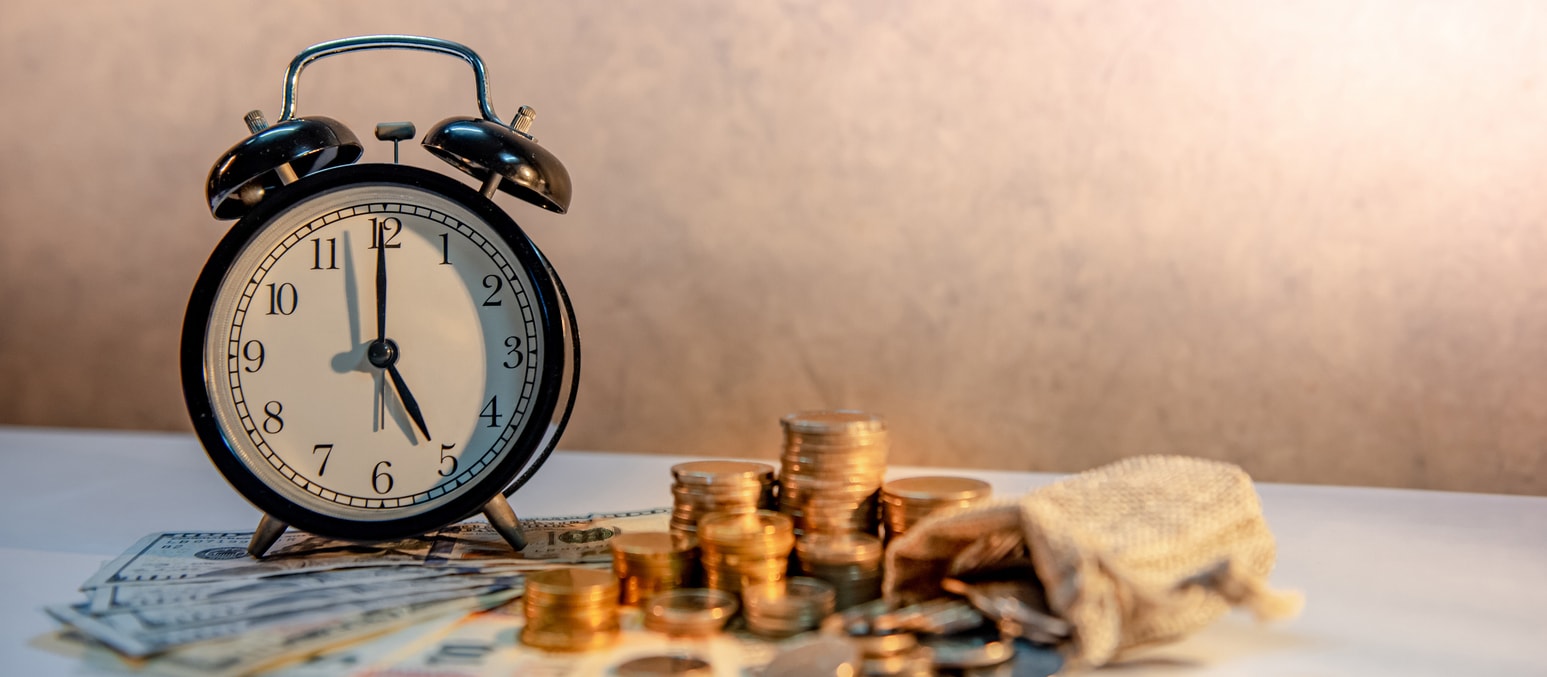
Assessing whether the timing is right before rushing to sell gold coins, silver bars or other precious metals is crucial. The value of gold and silver fluctuates based on market conditions, geopolitical events, and currency values. Here are a few indicators that might suggest it’s a good time to liquidate:
-
Market Highs: Selling when gold or silver prices are at or near historical highs can result in greater profits.
-
Economic Indicators: Monitor economic reports, inflation rates, and interest rates. Rising inflation and falling interest rates often push precious metal prices higher.
-
Personal Financial Needs: If you have pressing financial obligations, selling may be necessary, even if market conditions aren’t ideal.
It's important to carefully decide when to sell based on both current market conditions and your personal financial needs.
Remember, patience can be your best ally. If you believe prices will rise further shortly, it may be worth holding onto your assets to maximize value and take advantage of competitive prices.
Understand the Value of Your Holdings
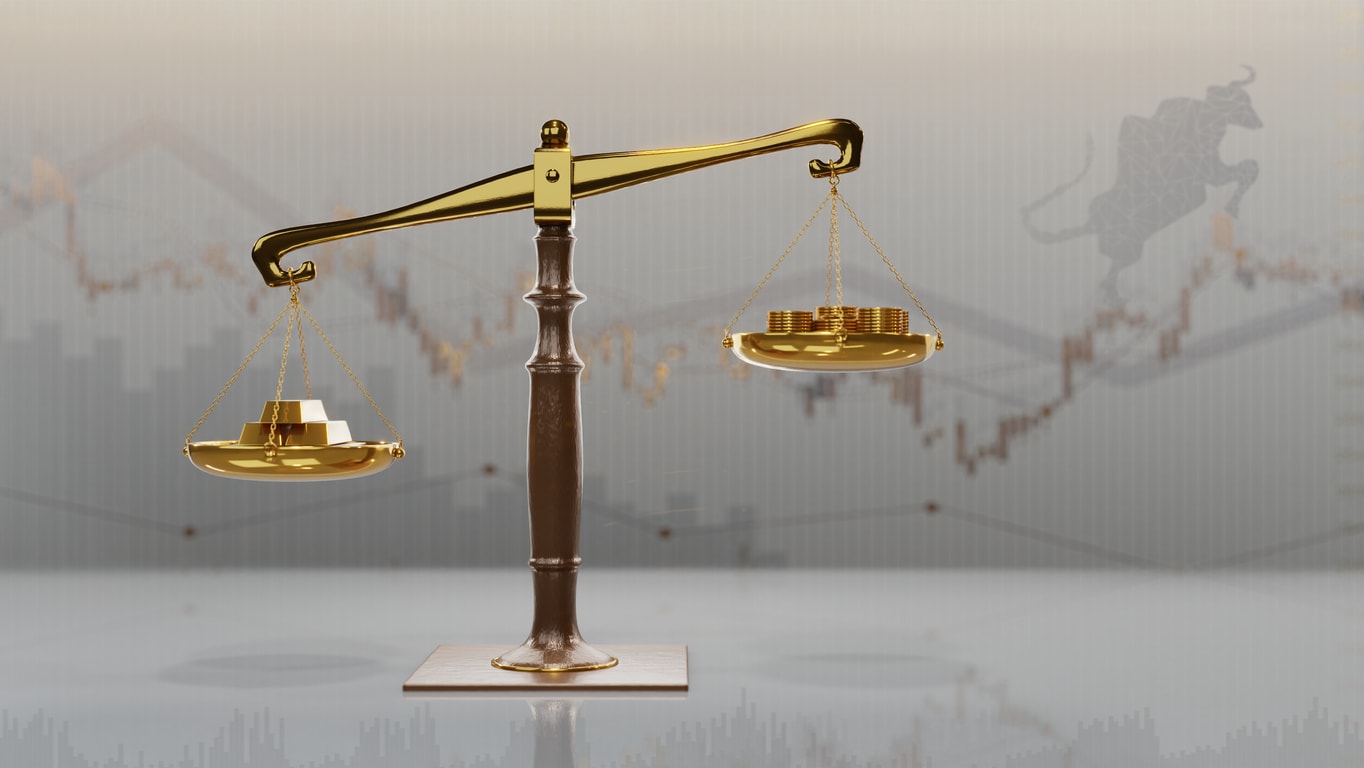
Before selling precious metals like gold or silver bars, you must know the exact value of your gold and silver. This involves:
-
Checking Spot Prices: The spot price is the current market price for immediate delivery of gold or silver. Ensure you know the daily spot price when preparing to sell popular products or metals like gold or silver.
-
Assessing Purity and Weight: The value of gold and silver is determined by their purity and weight. Ensure you have accurate information about your assets or precious metals to avoid undervaluing them.
-
Grading and Condition: If you hold collectible coins, gold coins, bars, diamonds, and other precious metals, their condition and grading can significantly impact their value. Diamonds, in particular, should be professionally appraised for quality and value based on the 4 C's: color, cut, clarity, and carat. Professional grading by a reputable service like PCGS can help you command higher prices.
Explore Your Selling Options

When it comes to selling your gold and gold silver mine, you have several options:
-
Local Dealers: Visiting a local coin dealer or physical store can provide the advantage of quick transactions and the opportunity to sell various gold and silver coins worry free, but you may not always get the best price compared to other options. Physical stores often have higher operational costs, which can affect the payout you receive, while online platforms typically have lower overhead and may offer better prices and more convenience.
-
Online Marketplaces: Many platforms offer a wider audience and competitive pricing, but to avoid scams, ensure you’re dealing with a reputable buyer with proven expertise and knowledge.
-
Auction Houses: For rare and high-value items, auction houses can attract serious collectors willing to pay a premium.
-
Pawn Shops: Pawn shops offer convenience but often provide lower payouts due to their high operating costs and profit margins.
Common items you can sell include gold coins, bullion, and unwanted jewelry.
Negotiate for the Best Price
When selling gold or silver jewelry to customers who want to buy gold or silver, don’t hesitate to negotiate. The offers you receive should accurately reflect the current market value of your gold, silver, or jewelry. Here are some tips to ensure you get the best price for your precious metals:
-
Get Multiple Offers: Don’t settle for the first offer. Shop around to see who’s willing to pay the most for your gold or silver.
-
Know the Market: Knowing current market conditions gives you negotiation leverage.
-
Be Willing to Walk Away: If the offer doesn’t meet your expectations, don’t be afraid to walk away. There are always other buyers or customers out there.
Consider the Tax Implications
Selling gold, platinum and silver can have tax implications that vary depending on your location and the nature of your holdings:
-
Capital Gains Tax: If you sell your precious metals or jewelry at a profit, you may be subject to capital gains tax. Keep detailed records of your purchase prices to calculate your gains accurately.
-
Reporting Requirements: Some jurisdictions require reporting sales of precious metals, particularly for large transactions. Make sure you’re compliant with all local laws.
Note: Tax laws can be complex and subject to change. Always consult a tax professional for advice specific to your situation.
Security and Shipping Considerations
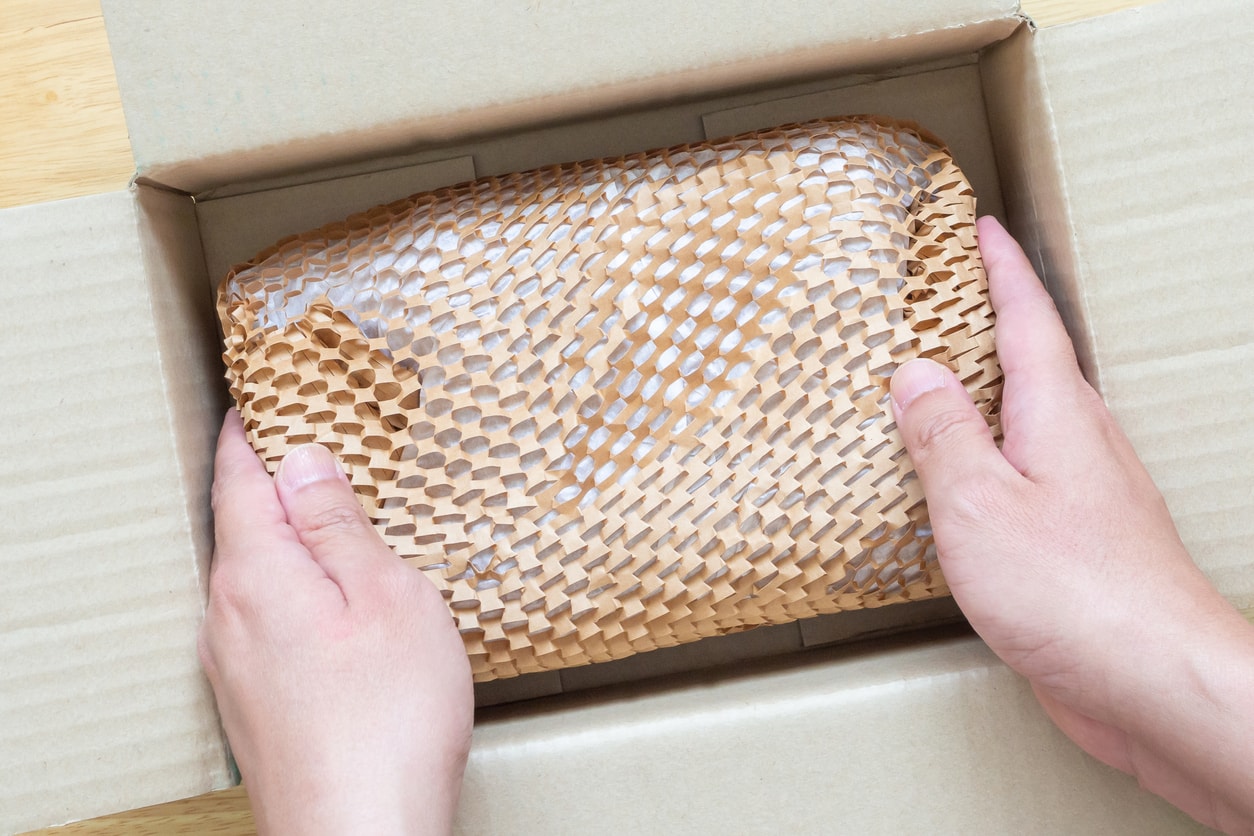
If you’re selling precious metals like gold and silver bars to an online buyer, complete security of payment is paramount. When you ship your precious metals, it is crucial to choose a secure and insured shipping method to protect your valuables during transit. Reputable buyers can handle shipments of any size and often provide assistance with shipping logistics, including prepaid shipping labels.
-
Insure Your Shipment: Always use a fully insured shipping service when sending any quantity of gold or silver. This protects you against loss or theft during transit.
-
Discreet Packaging: Ensure your package doesn’t advertise its valuable contents. Use plain, unmarked packaging to avoid attracting unwanted attention.
After your items have been purchased and verified, payment is typically issued promptly, ensuring a smooth and secure transaction.
Common Mistakes to Avoid
When selling gold, silver, or other precious metals, avoiding common pitfalls can make a significant difference in your experience and final payout. One major mistake is failing to research the buyer, which can lead to scams or receiving less than your items are worth. Always verify the purity and weight of your gold and silver before proceeding with a sale—this ensures you’re paid accurately for what you have. Another common error is not staying informed about current prices and market trends, which can result in selling at a lower price than necessary. Be wary of buyers who charge excessive fees or have unclear payment terms. Choosing an operated business with a strong online presence and transparent process will help ensure your transaction is secure and your payment is prompt. By staying vigilant and informed, you can sell your precious metals with confidence and peace of mind.
Reinvest or Save? What to Do After Liquidation
Once you've successfully liquidated your gold and silver investments, the next step is deciding what to do with the proceeds:
-
Reinvest: Consider reinvesting in other assets, whether in precious metals, stocks, or real estate, to keep your portfolio diversified.
-
Save: If your financial situation calls for it, setting aside some or all of the proceeds in a high-yield savings account can provide a safety net for future needs.
Q&A: Common Questions About Liquidating Gold and Silver

How can I determine if my gold and silver investments have appreciated?
Check the spot prices of metals like gold and silver regularly and compare them to your purchase prices. Also, consider the current market demand for the specific type of gold or silver you own, including silver coins and bars.
Should I sell my gold and silver locally or online?
Both options have their pros and cons. Local sales can be quicker, but online platforms often offer better prices due to a broader audience. Evaluate your own business priorities—whether speed, convenience, or maximizing returns—and choose accordingly.
Are there risks associated with selling gold and silver?
Yes, particularly when selling precious metals online. Ensure you're dealing with a reputable buyer who wants to buy gold or silver, and always use insured shipping to protect your assets. Avoid buyers or customers who offer significantly lower than market value or lack a clear transaction process.
What if I need to sell my gold and silver quickly?
If you're in a rush, consider selling precious metals like gold or silver rounds to a local dealer or a trusted online marketplace who wants to buy gold or silver items. Quick sales might mean accepting slightly lower offers, but they provide the benefit of immediate cash flow.
Related Articles
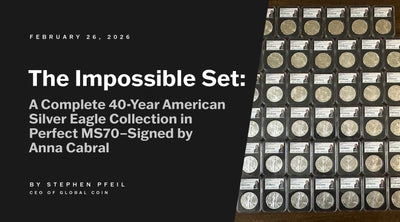
I'm Stephen Pfeil, founder of Global Coin, and today I'm sharing something that, by all rights, ...
Discover More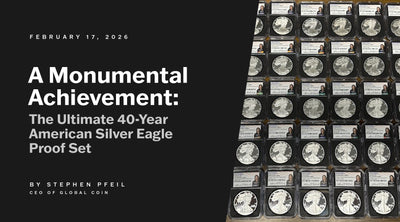
A Monumental Achievement: The Ultimate 40-Year American Silver Eagle Proof Set
I'm Stephen Pfeil, founder of Global Coin, and today I have the privilege of sharing an extraord...
Discover More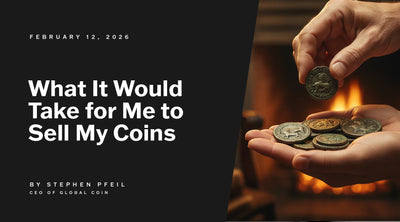
What It Would Take for Me to Sell My Coins
People assume that if the price is right, everything is for sale. I understand why. We live in a ...
Discover More

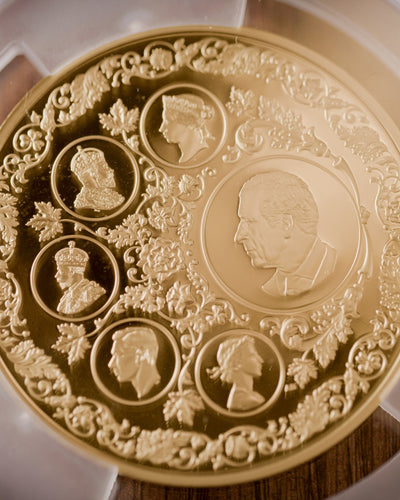
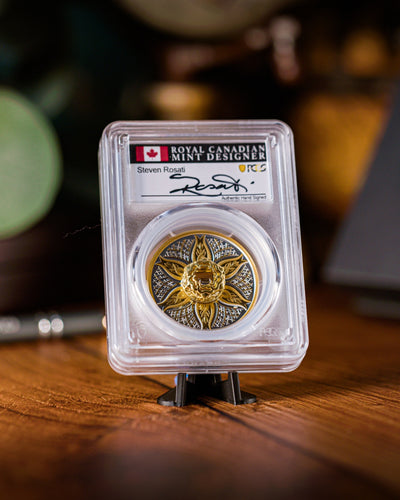
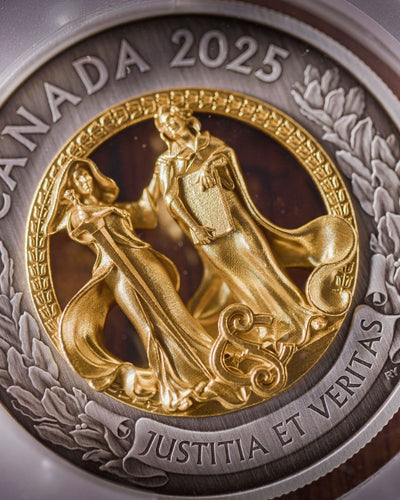
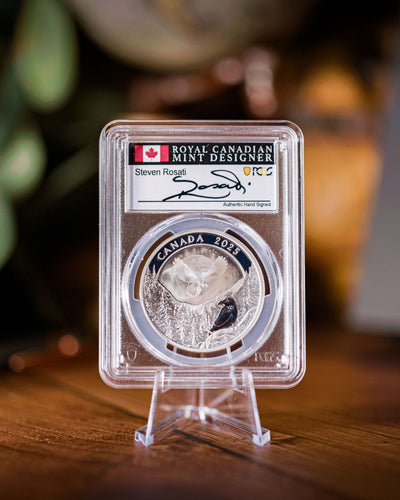
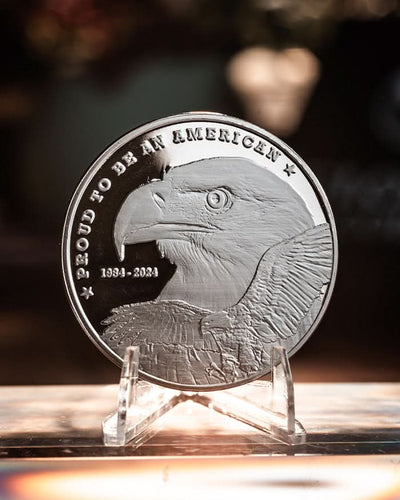
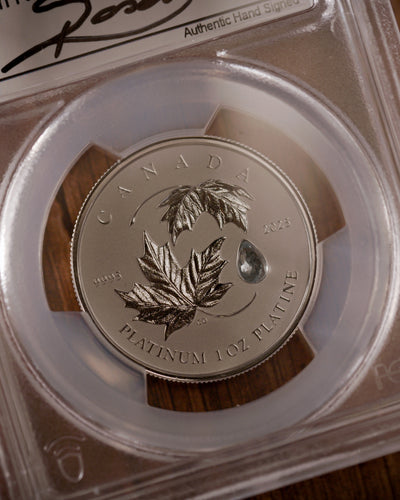
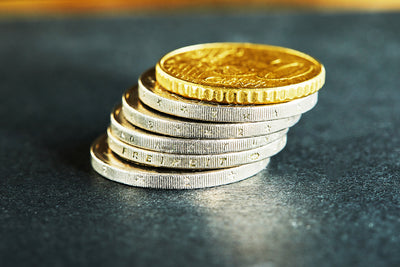
Leave a comment
This site is protected by hCaptcha and the hCaptcha Privacy Policy and Terms of Service apply.